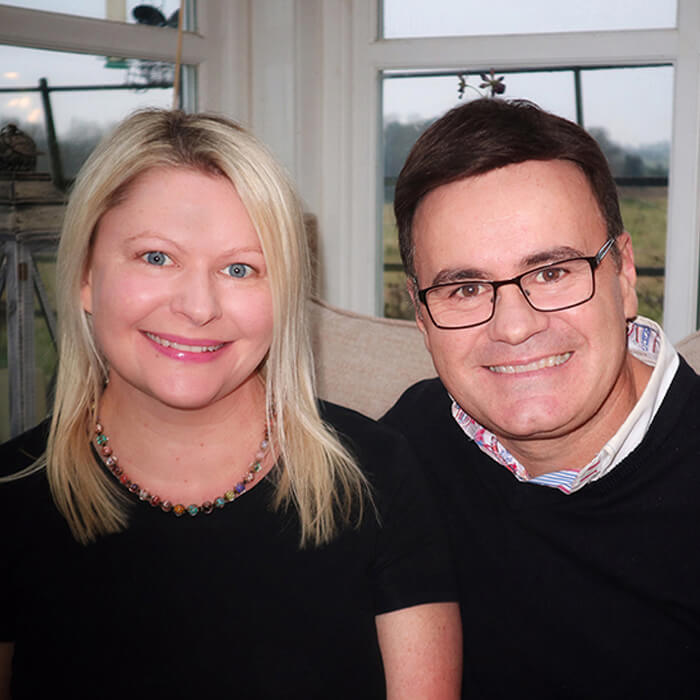I recently picked up a copy of Daniel Pink’s excellent read, When. An excellent book that explores the science of perfect timing. How do we get it perfect? Can we manifest a ‘right time, right place’ scenario?
Among its numerous lessons, the book teaches how to get the most out of your morning coffee and breaks during the workday. Plus, the importance of understanding your own chronotype (that is when you are most energetic and lethargic each day).
Interest piqued?
Do we overemphasise endings?
One concept, in particular, made me think: his discussion about how as a society we tend to overemphasise the importance of endings.
Studies show that when we face an ending of some sort (including people falling into an age that has a 9 on the end of it, me when I wrote this). This tendency is to display extreme behaviour like choosing to take unnecessary risks or sabotaging relationships.
The psychology of it indicates we are innately grasping for a happy ending. And not just happy, but purposeful.
When references films like Pixar’s Up that perfectly capture the essence of this human condition. These movies make us cry while feeling sentimental at the same time.
Pink explains that in knowing this about ourselves, we can take steps to make our endings more gratifying.
Have a chat with your future self
A beautiful example of how to do this, is sending a message to your future self.
- This might be a letter, vlog, blog or audio recording. Whatever format, put it away for five years.
- The proposition made me a little teary.
- What would I tell my future self?
- I think I would start by saying I hope she lets loved ones know they are valued – always (and that she’s continued to do better on that front, as I intend to do from now on).
- I want her to live without regret, anger and bitterness – good lives are wasted on such things.
- I do hope she drinks less wine (possibly).
- There should be dogs, everywhere.
- And music, plus adventure.
I’d say that I hope she’s invested in creativity and travel; to remember that life has taught that things do get better; bring the light, be the light and look for it in others.
That’s all served me well so far. Finally, I would include a quote from tinybuddha.com, because it’s perfect:
‘Surround yourself with the dreamers and the doers, the believers and the thinkers, but most of all, surround yourself with those who see the greatness within you, even when you don’t see it yourself’.
This is the abridged version, and I’m not sure what I’ll think of it in 2023.
Perhaps I’ll be moved by the experience and progress made. Or sadly by naivety, disappointments not yet known, and challenges overcome.
Your time is now
When advocates that action like this serves to bridge the gap between past and present, this is one of the best ways to find substance in our own lives.
‘Living in the moment’ is all the rage (and it’s no secret that I fly the mindfulness flag, it’s important).
However, Pink made me think about the feeling of satisfaction that’s possible when ‘me now’ feels close to ‘me’ past and future.
This exercise removes the detachment we feel from the future self and enables us to make better choices that help her/him when that future arrives.
‘Time’ is complicated in terms of life, love and the dreams we envision, and many of us know a soul or two who have detrimentally gotten lost in it.
I hope I can impart to you some timeless insight which I took from Pink’s work; that is, by taking control of our time, and understanding how our past, present and future relate, we can vastly improve our experiences now.
Think I’ll include that wisdom in my note to future me too. But for now, over to you…
How do you see it? Share in the comments below.


